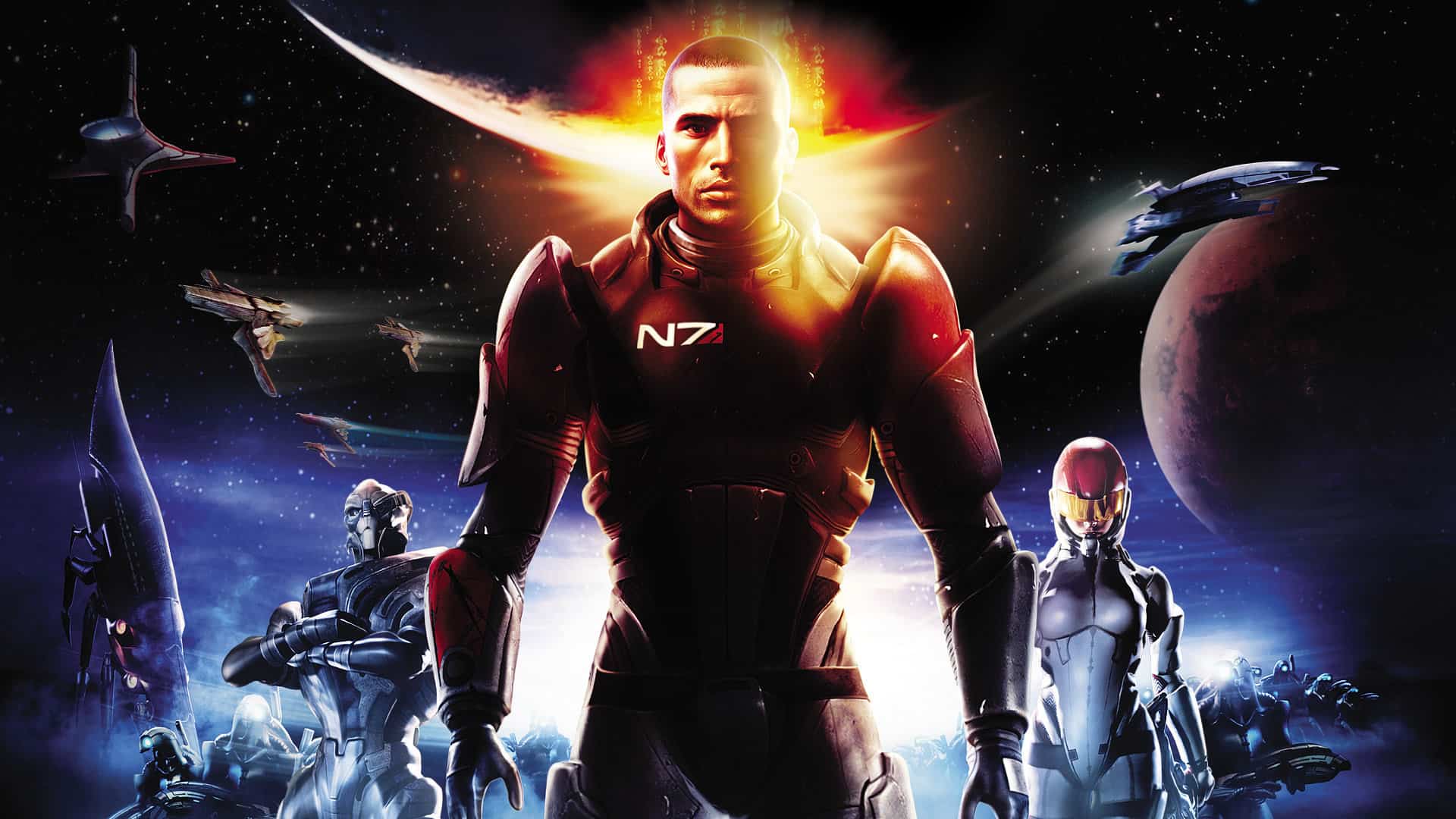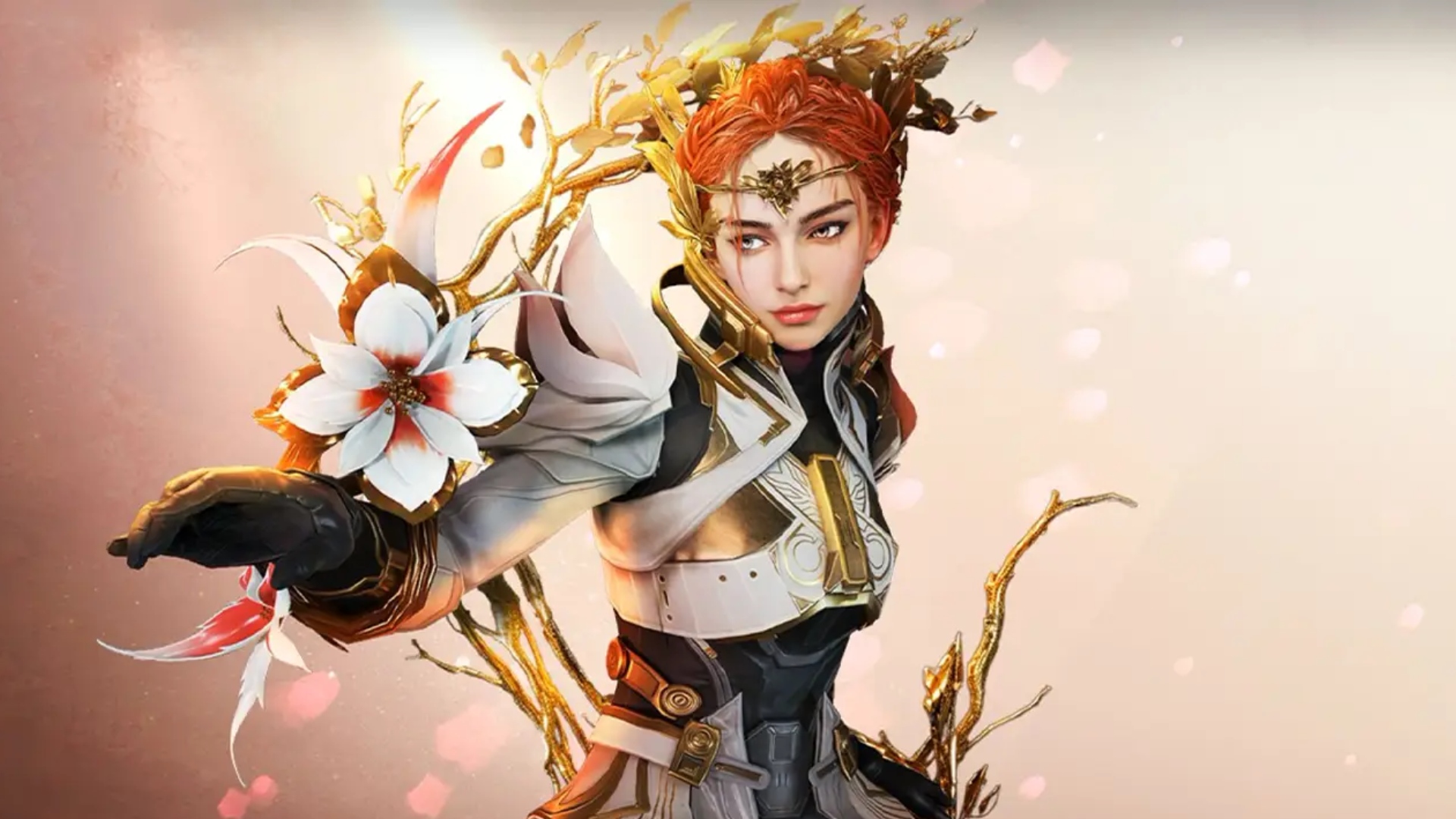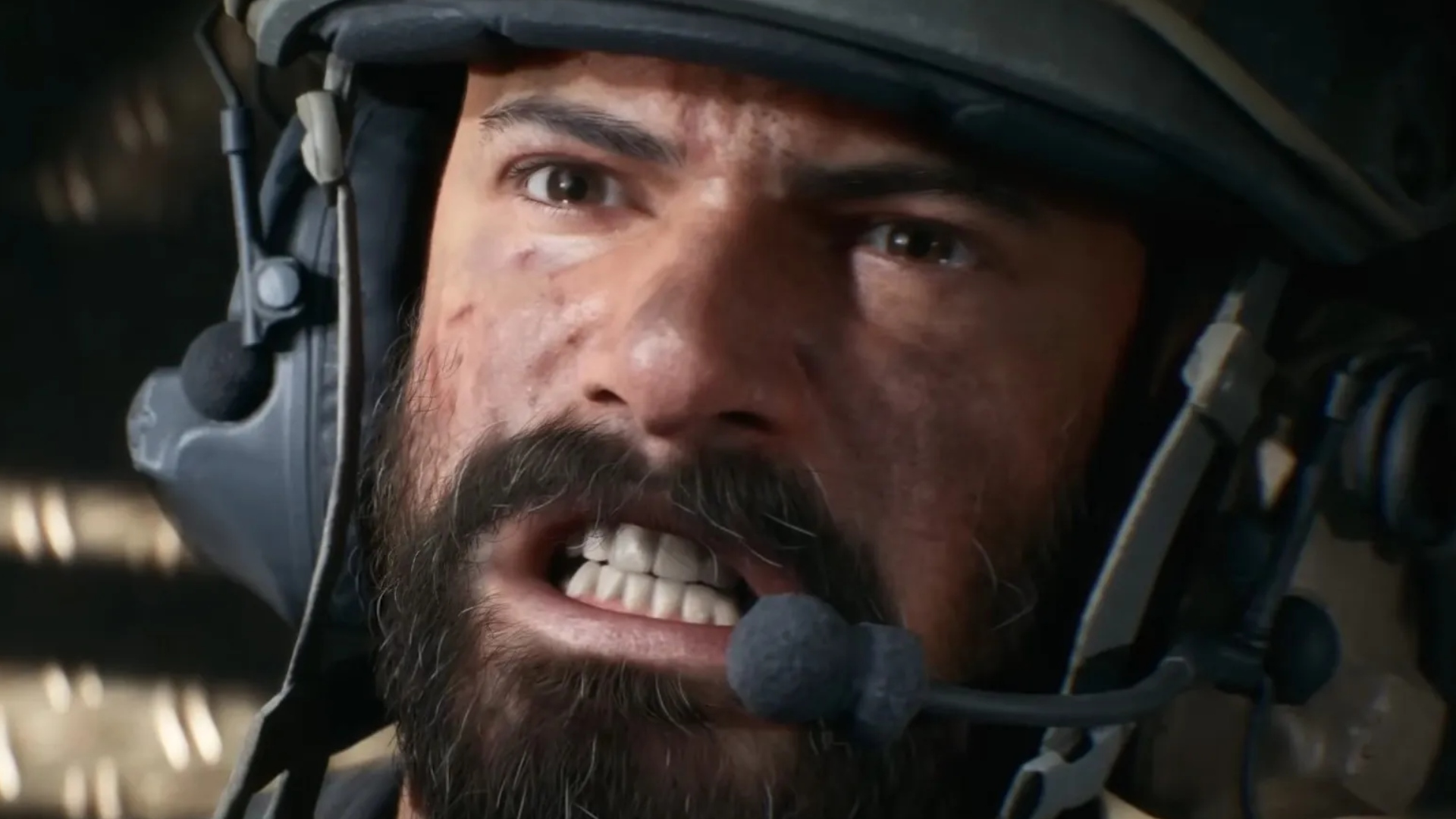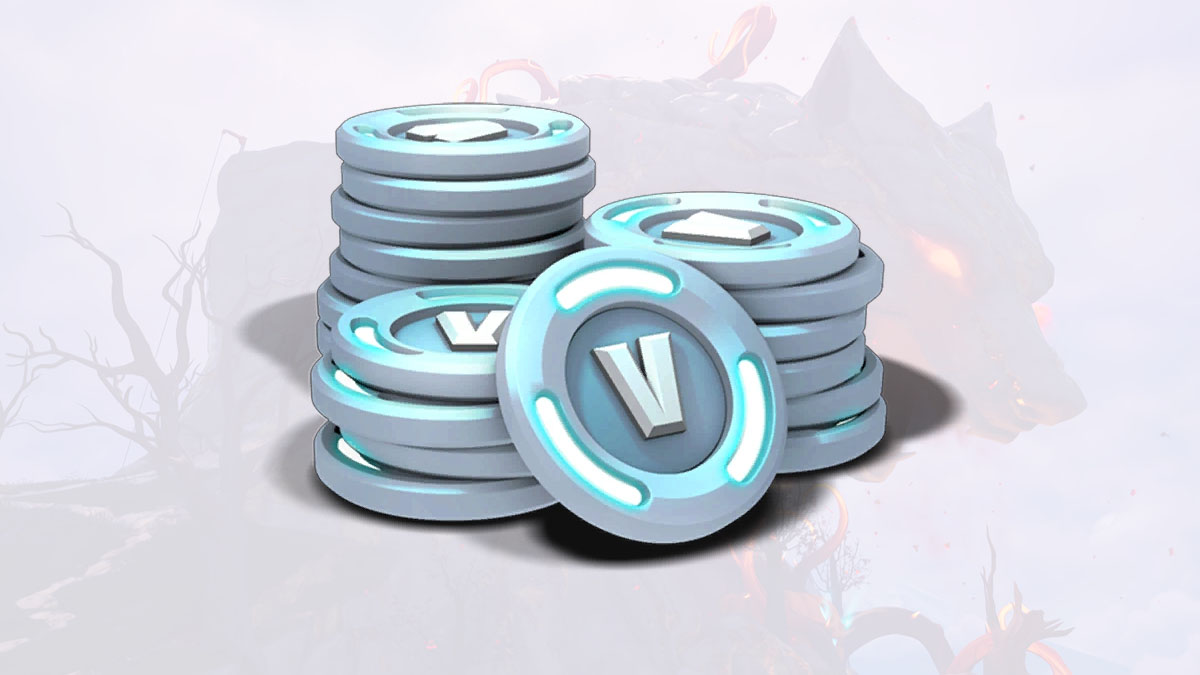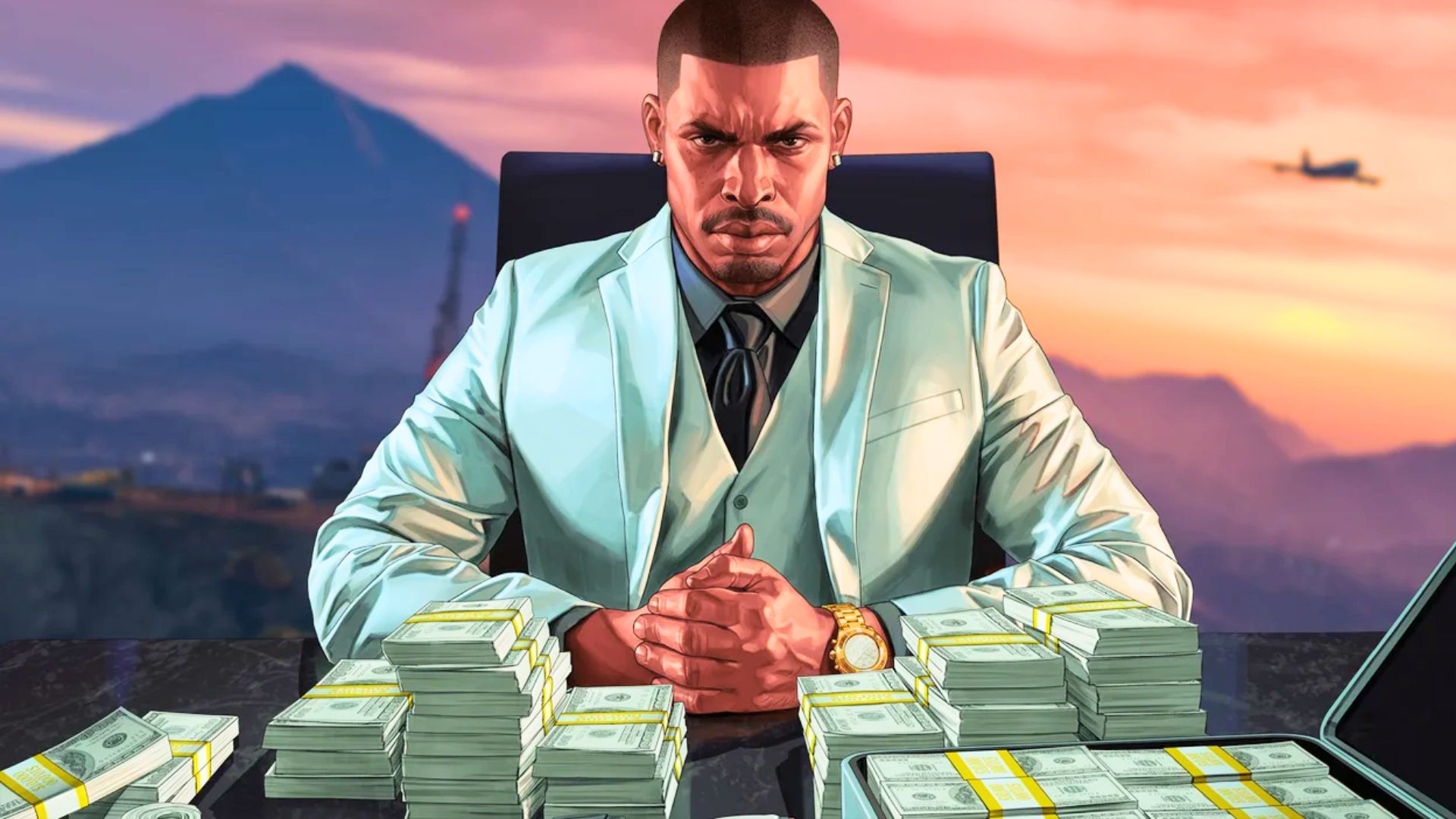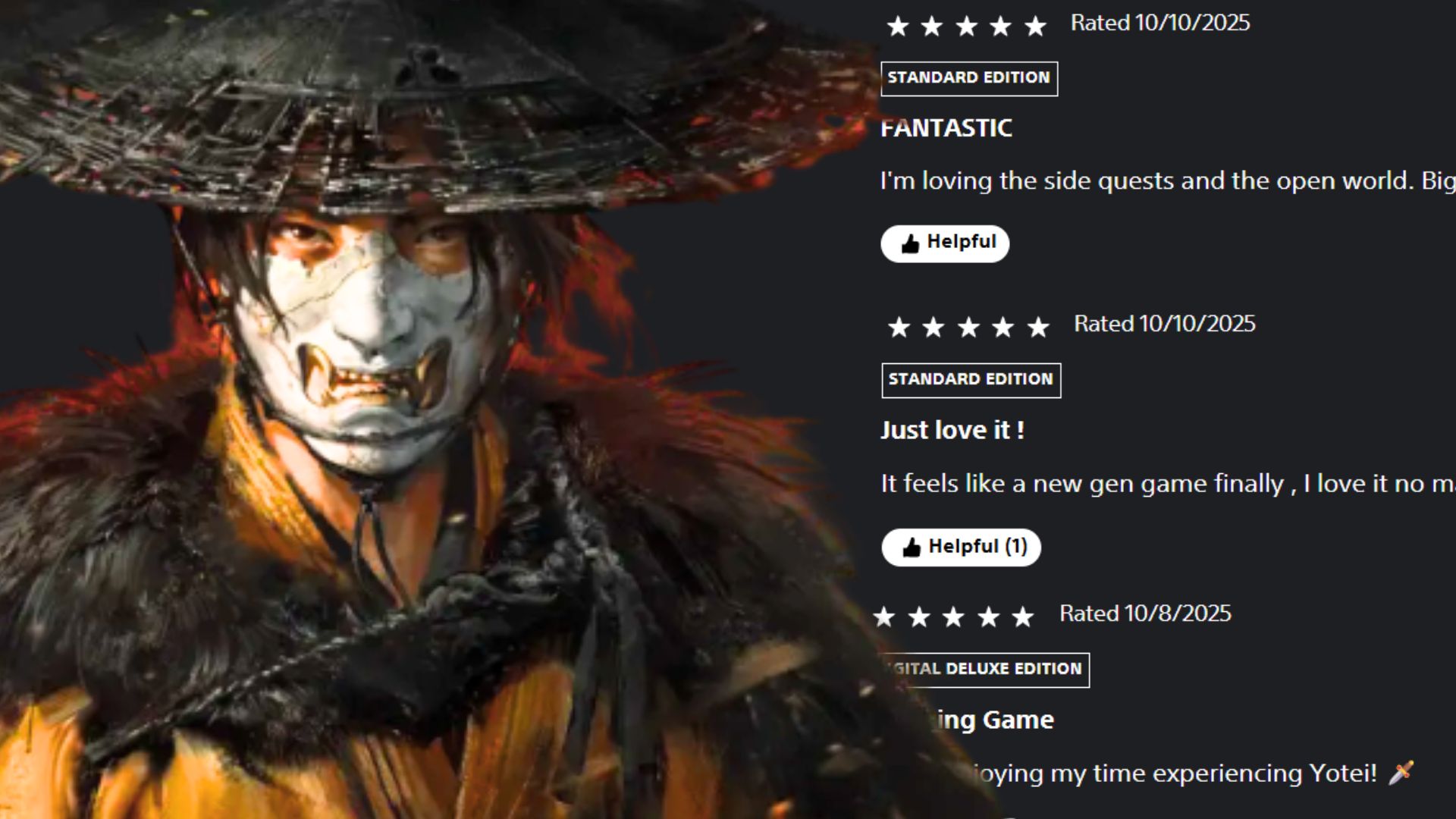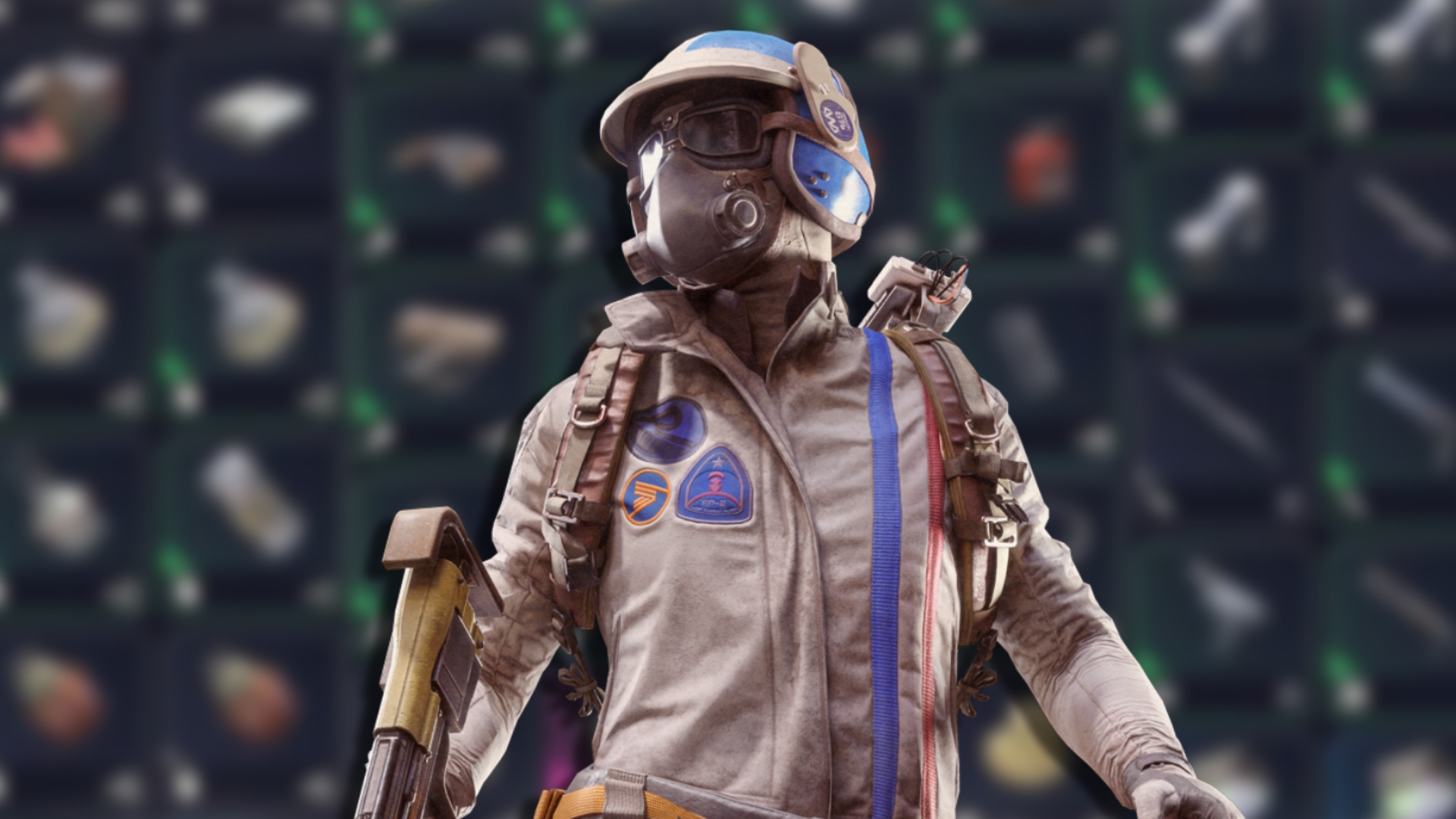You can trust VideoGamer. Our team of gaming experts spend hours testing and reviewing the latest games, to ensure you're reading the most comprehensive guide possible. Rest assured, all imagery and advice is unique and original. Check out how we test and review games here
On the surface, the BioWare of 2011 is barely recognisable as the BioWare that released Baldur’s Gate in 1998. Sitting confidently inside EA’s gargantuan business area at gamescom 2011, Dr Muzyka is in charge of some of the most valuable IP in the world today.
VideoGamer.com spoke to Muzyka about the company’s focus on telling stories, on how BioWare is looking ahead to the future, and whether or not Garrus will die at the end of Mass Effect 3. Okay, we didn’t ask the last one. But we wanted to.
Q: BioWare is famed for its storytelling. How do you think that’s developing in terms of how games are telling stories as technology advances?
Ray Muzyka: I would extend that broader. Our vision is to create, deliver, and evolve some of the most emotionally engaging games in the world. And story, for us, is one of the ways to achieve that – but it’s not the only way.
Historically, yeah, I think a lot of what we’ve done actually has been driven by story, narrative, and character interactions and we still have those in our games. Typically, we see that as a really important mechanism and tool, and a very relatable concept to players. It’s similar to real life, where you talk to people and form a relationship, and then you form an emotional bond – so I think we’re going to continue that as one of the pillars for how we approach our games.
But I think, more broadly, you can look at narrative as almost any of the activities you engage in with a game – the way you approach them, the choices you make, and how your character’s journey, as it were, forms your personal narrative – so your exploration choices, where you go first in the game, second, third, the choices you make in the story arc – that’s a narrative, obviously. The choices you make in a battle, your tactical choices, what abilities you have to deploy and how you deploy them – that’s a narrative. It’s a narrative of combat, but it’s still a narrative.
Then there’s social narrative, like an online game with connectivity where you’re talking to other players, and even user generated content – you know, you could have a narrative decided by the creator. And the reason we find these very powerful is because they all lead to increased emotional engagement, and that’s what we’re striving for – we’re not striving just to convey story, we’re striving to convey story that emotionally engages you and captures your imagination; makes you feel like the barriers are removed and you’re at one with this character in the world in the possibility space – it feels real, like you’re actually there, so that you care about the outcomes, and feel compelled to continue, whether those outcomes are in combat or exploration or progression of your story.
Q: BioWare, as a studio, is rapidly expanding. There are so many products being delivered in so many ways…
RM: Yeah, we have seven studios worldwide in Edmonton, Montreal, Austen, Virginia, San Francisco, Los Angeles and Ireland, and they’re all doing different things, and they’re all really important to our future – and they’re all collaborating as well, so, for me, it’s a big honour to be able to work with all these people worldwide – they’re all very talented, very passionate about creating this emotional engagement.
Q: Yesterday you said, on stage, that Star Wars: The Old Republic is going to have a smooth launch. How will you achieve this?
RM: With every aspect we can possibly anticipate, we try and make sure it’s stable, scalable, secure, high-quality – those are the attributes that we’re striving for. And it’s hard, you know. Honesty, building an MMO is really hard. I have great respect for the teams that do it – Blizzard and all the great developers that have done MMO launches successfully. It’s not easy to do. We’re lucky, because we have a lot of talent in the BioWare label – the Mythic team, a lot of people in the Austin studio built other MMOs and launched them, so we have a lot of great experience, but we know it’s not an easy thing.
Q: You’re doing a staggered launch, a few people at a time, to build up stability, I suppose?
RM: Well, we’re doing beta testing – we’re scaling up the beta testing, and that’s pretty typical, and we’ve been doing it for many, many months now…
The only way we can really make it successful is to scale and try to pump the rivets off every aspect of your beta testing program, and that’s what we’re doing right now – that’s what we’ve been doing for months and months.
Q: The pre-orders on Origins get to play first, and that helps to ease the pressure if you will?
RM: Yeah, it does.
Not everyone is going to be in the same area to start with – there will be some people that have played a bit longer. Based on the pre-orders, it’s been crazy. It’s been the fasted-selling game in EA’s history. And that’s a really great thing, because it means a lots of fans are ready to play our game, and we have to make sure they all have a great experience when they come on – it’s scalable, it’s secure, it’s stable, high-quality content, and a service aspect post-launch that if they have issues we can address those.
So it’s really fun; it’s a really interesting challenge, especially when we’re adding all this innovation and storytelling into the traditional MMO feature-set, and enabling it in the Star Wars universe, where the expectations are “It’s Star Wars” and people approach that with a pre-conceived notion what that means as well – so we have to satisfy that to players too. But it’s a challenge that we’re up for.
The beta test feedback is great already, but we’re not satisfied. We’re continuing to iterate, evolve and improve the content, and it’s not going to stop at launch – we’re going to continue to evolve and add more features and content post-launch for years.
Q: So, what I get by reading interviews with yourself and the BioWare team is that you’re quite meticulous. Is working on a product that’s never going to be ‘finished’ going to do your head in?
RM: It’s good, it’s good. It’s an opportunity. Greg [Zeschuk] actually said at a breakfast meeting this morning that when we launched Baldur’s Gate like nearly 20 years ago we did a patch, and I think we found that only a small percentage of people actually downloaded the patch. And we had all these great things in the patch, too – all these new features we’d thought of, and of this player feedback, and we were trying to get people to try it out, but because it wasn’t a requirement, and it wasn’t an online connected world, we couldn’t mandate it. The great thing about an MMO – and this is the good part, but it’s also the tough part – is that everyone’s connected all the time, and that expectations are going to continue to evolve along with the concept, and you have to make it great. You can never stop. That’s also the expectation from the players; you can’t let them down at any point.
And you also can’t drop the ball when you release a patch – it has to be a continuous, smooth integration when you release a new patch and new content. It has to be the same high quality experience they were expecting before the patch, too.
Q: So, Mass Effect. So much is being promised. You’re promising a great entry point for new players, and on the other side you have an almost elitist crowd that want a conclusion.
RM: It’s the end of a trilogy, but it’s also a new beginning to the galactic war. It’s essentially that – you’ll see when you play, it’s both a conclusion and a beginning.
Q: There’s a nervous quality because everybody desperately wants it to be as good as it is in their heads – but it’s almost like you’re promising the moon on a stick: better RPG, better combat, better everything…
RM: We’re doing our best to achieve that. The team are really proud of the whole… they’re taking it head-on. They know that the expectations are really high from existing fans, and we also want to pull in new fans.
We’re always ambitious and we’re trying to get an emotional engagement and we’re trying to reach the world. So, you know, we want to reach the fans that have played our games before, but we also the new people to enjoy it.
Q: Do you think that’s possible to do both at once?
RM: I think so, yeah. I mean, it’s control of accessibility and depth at the same time – it’s not one thing one for the other – it’s not sacrificing depth, it’s about achieving both at the same time. Emotional engagement is powerful if you can deliver it in a way that players want. We’re billing it as an action-intense experience, but it’s also a deep RPG with a great story arc.
Q: There is an ending, but will it be a ‘proper’ ending?
RM: We’ve always said that it’s a trilogy in terms of the story arc, but we’re also saying that Mass Effect is the beginning of new story arc as well. We don’t want to leave players with a feeling that it’s the end of Mass Effect, because it’s not.
Q: Do you think you guys have got DLC right yet?
RM: We always feel like we can get better. I think more telemetry in our game client allows us to see what players are actually doing, as well as listening to press feedback and fan feedback on the forums.
Q: Shadow Broker went down very well, and some of the others were good, but I’m not sure if they had quite the same appeal that Shadow Broker did.
RM: We’re targeting different audiences with different DLC, and we actually use them as a test bed for innovation too – we try out new things sometimes. It’s exciting to see the ones that appeal to a vast audience. It’s challenging for the team sometimes to see the ones that don’t appeal as much – but we learn from that. We make it get better, and we’re always striving to make great content no matter whether it’s small, big, whether it’s play-for-free or social, HD console RPGs, or MMOs – we’re always striving for high quality in whatever form that takes.
Q: So for Mass Effect 3 DLC, you’ll have learnt from Mass Effect 2 and Dragon Age?
RM: Yep. A lot of the same people are working on DLC across our franchises.
Q: And how important is DLC to your studio these days?
RM: Well, it’s an online extension to the game, so we have a goal of having an IP universe, pre and post launch, and sustaining the experience so players remain engaged with the franchise for a very long time – but I think what you’re seeing today is the beginning of more in the future. We’re definitely taking lessons, and we’re trying to make a universe that players feel like they can be a part of for a very long time.
With online connectivity of any sort, we want to give players a reason to believe long-term, and feel like they’re the ones that want to keep it for a long time, and not trade it in. Instead feel like they want to play it online with friends, or share their Achievements with friends, or downloadable content.
Q: And the Cerberus Network stuff [from Mass Effect 2], was that successful initially?
RM: I think so, yeah. We got a lot of engagement from players, and certainly a lot of people who write on the forum gave a lot of great feedback on that.
So, DLC, It’s a win-win situation for us.
Q: When will be seeing a similar initiative in Mass Effect 3?
RM: I don’t think we’ve announced any details about that yet.
Q: Dragon Age 2 has been a funny game critically, and you know that, but I feel it’s found a home in the social space with Legends – do you think that could be where Dragon Age stays, or will it be coming back to console and PC?
RM: We’ll definitely continue to expand Dragon Age. We haven’t announced details about what the next games are – we’ve hinted at it though – but we’re going to take in all the feedback we got on Dragon Age II. We take it to heart.
It’s incredibly uplifting and exciting to see fans embracing some of the new innovations we tried to bring in Dragon Age 2. On the other hand, the team takes it to heart when they see fans who were expecting more Dragon Age: Origins and just weren’t as engaged by it.
But I think we can marry those, we could actually take the things that people were looking for from Origins and other great legacy games from BioWare, and marry that with some of the innovations we brought in Dragon Age 2. And I think the combination of them will be very powerful, but the key for us is that we can’t ignore feedback – we never ignore feedback.
Like you say, Dragon Age 2 was very polarising. We had a lot of people that said it was amazing and that they loved it, and other people who were disappointed because they wanted more Dragon Age: Origins.
We’re taking that feedback seriously; our core fans are really important to us, and we’re going to do our best to try and deliver a game that both reaches new fans and fans of BioWare products.
Q: And has Dragon Age: Legends performed well?
RM: Dragon Age: Legends has done really well. We’re planning more social extension of our games, too. It’s all part of the philosophy of having an IP universe that extends our games across multiple platforms, and enables them to play whatever they want 24/7.
Mass Effect
- Platform(s): PC, PlayStation 3, Xbox 360, Xbox One
- Genre(s): Action, RPG, Science Fiction, Space

/https://oimg.videogamer.com/images/db2e/star_wars_the_old_republic_64.jpg)
/https://oimg.videogamer.com/images/6d70/star_wars_the_old_republic_59.jpg)
/https://oimg.videogamer.com/images/dd88/mass_effect_2_79.jpg)
/https://oimg.videogamer.com/images/5038/dragon_age_ii_9.jpg)
